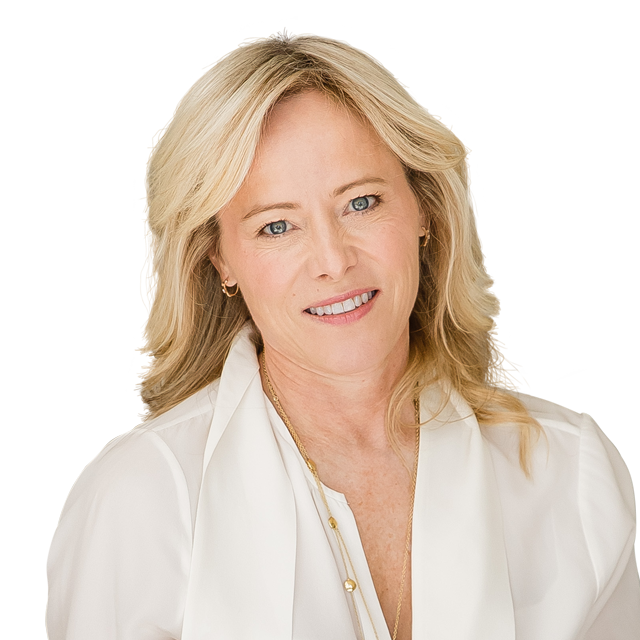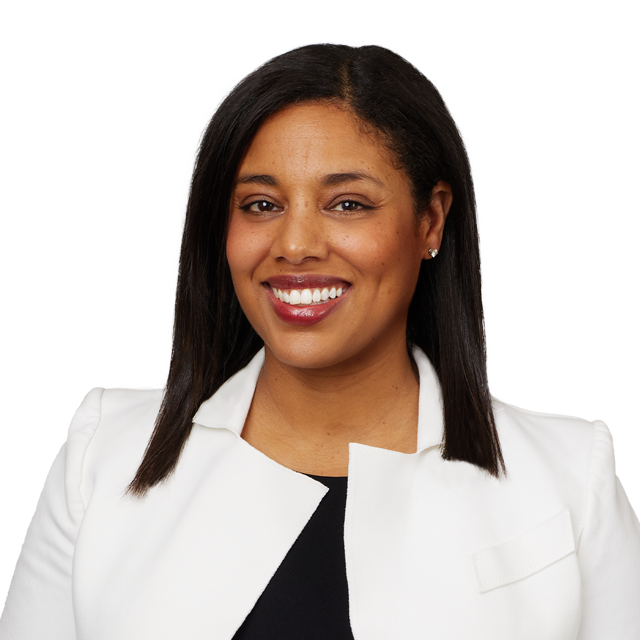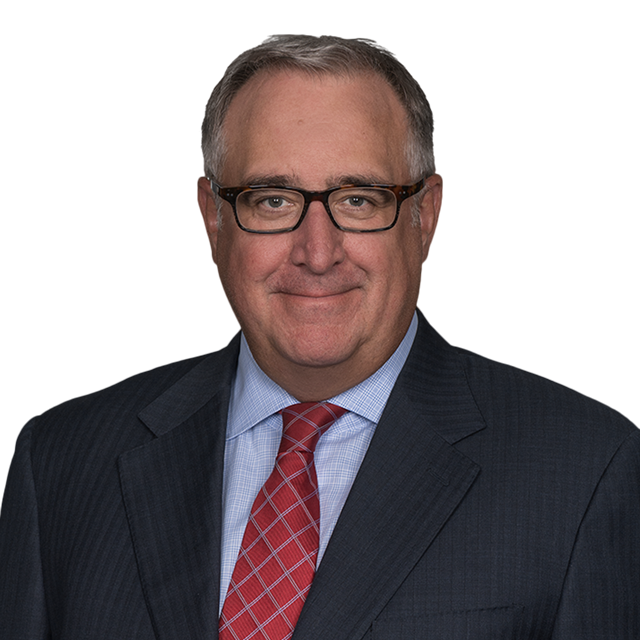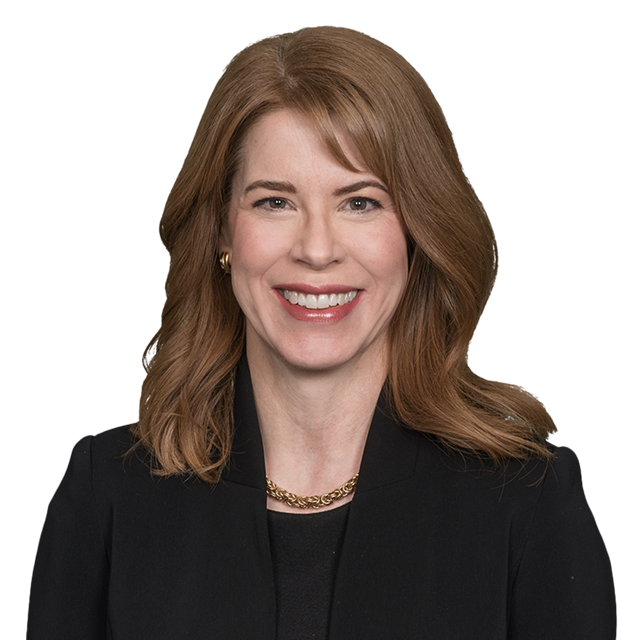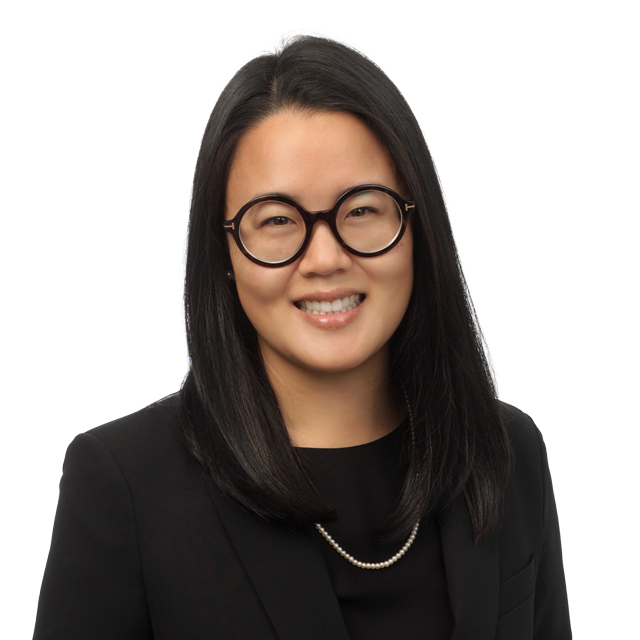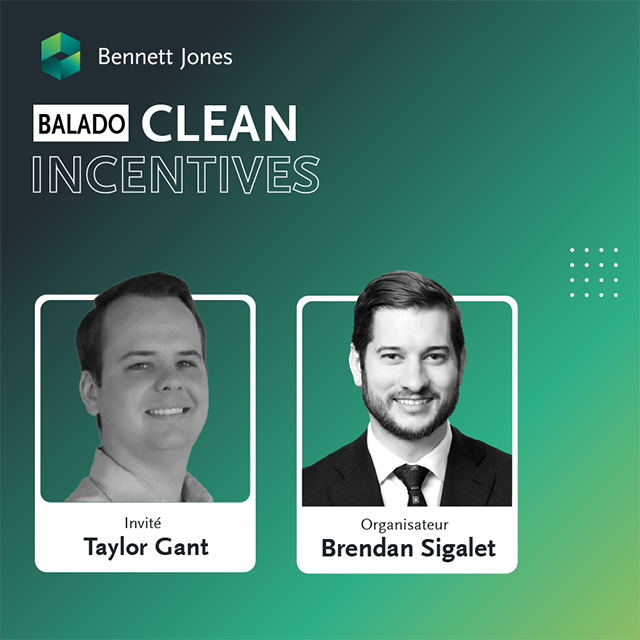Chez Bennett Jones, nous accordons une grande importance à la promotion de la diversité et de l'inclusion dans tous les aspects de notre travail. En tant que cabinet d'avocats de premier plan au Canada, nous croyons que nous avons la responsabilité de susciter des changements positifs tant au sein de notre propre organisation que dans l'ensemble de la communauté juridique.
Pour souligner la Journée internationale de la femme de cette année, nous sommes fiers de présenter une conversation franche sur les défis auxquels les femmes sont confrontées dans le domaine juridique. Les cinq associés directeurs de notre bureau sont rejoints par la modératrice et associée de Bennett Jones, Michelle Yung, alors qu'ils partagent les points de vue de leurs expériences vécues. Cette discussion souligne l'importance d'agir délibérément pour créer un milieu de travail où les femmes peuvent s'épanouir.
Pour votre commodité, cette conversation est également disponible en format vidéo :


